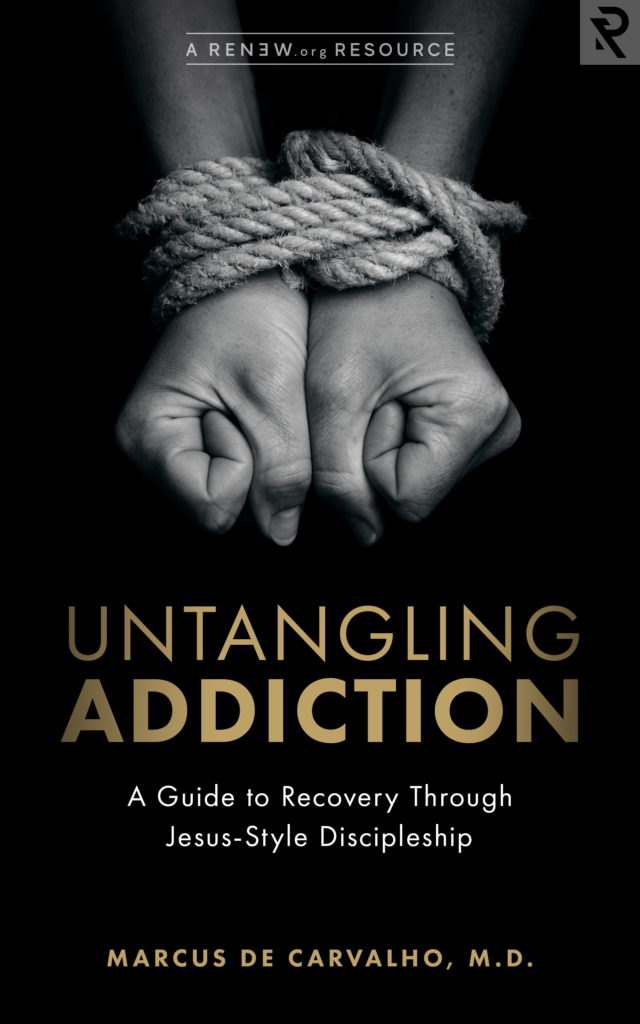
When the World’s All Wrong…Set Your Mind
Have you ever been somewhere that you didn’t belong? Have you found yourself in a place where you just didn’t fit in? In a place that just seemed all wrong for you?
This too was the experience of the prophet Daniel. He found himself in a world where he did not belong. As you read the first verses in Daniel’s book in the Bible, it is hard to imagine the magnitude of the shift in Daniel’s world. As the armies of Babylon descended upon Judah, life would never be the same again. God’s chosen people endured the shame of military defeat and exile.
But there was something even worse: their temple was plundered. We are told that “some of the vessels of the house of God” were taken out and put into the Babylonian center for worship (Daniel 1:3). This would have been an earth-shaking event. Their holy place of worship, their sacred structure, the very dwelling place of God’s presence had been pillaged.
This ominous turn of events would have left the Israelites asking, “Where is God?” and their captors answering, “We have conquered Him.”
These defeated captives would have found themselves in a foreign land full of idol worship and unholy culinary practices forbidden by their law. Strange customs, décor, and music would have bewildered their senses. No, this place was not their home. If one thing was clear, it was the fact that they didn’t belong. Everything was all wrong.
While Daniel was adjusting to the shock, something else happened. He and his friends were recognized as exceptional young men by Ashpenaz who had been ordered by the king to gather the finest young men to come live at the palace. There, they would be groomed for three years to serve in the king’s court.
Suddenly Daniel was whisked into a world in which he was to be given the king’s choice food and wine. He was to be educated for three years reading the classical literature and learning the language of the Chaldeans. While this magnitude of change would have easily amounted to complete sensory overload, there was something else, something even more significant. Daniel and his friends had not only lost their home, their culture, their holy temple; Daniel writes that Chaldeans even changed their names (Daniel 1:7).
By being given new names, they were faced with losing one of the only remaining indicators of their identity.
Shakespeare once penned the question, “What’s in a name?” In this case, quite a lot. You see, their new names were pagan names. These names reflected the detestable religion of their captors. In place of their Hebrew names, they were all given names that were stripped of their acknowledgment of Yahweh and pointed to Babylonian deities.
Daniel found himself void of everything he once knew including his very name. He found himself a stranger in a land of false worship. He was in a world that was all wrong.
What was Daniel to do? What are we to do when we find ourselves in a world that is all wrong?
What are we to do when we find ourselves in a culture that is increasingly unchristian? What are we to do in a world that is hostile towards holiness? In a culture that doesn’t understand practicing abstinence before marriage or maintaining honesty in the business world even if it costs you?
Like Daniel, we live in a world whose framework is becoming categorically different than ours as Christians. God called us to purity when He said, “Be holy, for I am holy” (Leviticus 19:2). While this is our call, the world in which we live often views holiness as humorously out of touch. This can make it hard for us to follow God’s command to be set apart.
In a world that’s all wrong, how do we do what’s right? Here’s something which Daniel did:
“But Daniel made up his mind” (Daniel 1:8).
Specifically, Daniel made up his mind that he would not defile himself with the king’s food. He established a standard of what he would and would not do and purposed to stick to it. The NIV says he “resolved” to abstain from these things.
I think we can all identify with this in our own lives.
There are some issues that we are only minimally committed to. When it comes to those things, we may easily let them fall by the wayside. However, for each of us there are relationships, principles, and practices that we have firmly determined to maintain. We are committed.
For example, for those who are married, when you said, “I do,” hopefully that marked the beginning of a firm determination to see your relationship through until death. You have set your mind and now will do whatever it takes to make it work. This is how Daniel was. He had set his mind. He would not be defiled.
The question, though, is why? Why is it that Daniel was so committed to abstaining from the choice food and wine that had been provided by the king?
I mean, if I’ve been on a long journey and struggling as a second-class citizen in this new land, I think I’d be pretty happy to get to eat from the king’s kitchen. I think I’d put on my lobster bib and pull up a seat! But Daniel said no. Why?
There is some debate about Daniel’s reasoning.
When first encountering his story, one might think his reason was because of the kosher Jewish dietary laws. The Jews had a prescribed diet in the law which delineated clean foods of which they could partake and unclean foods which they were to reject.
However, scholars have contended that this may not have been the reason, or at least not the only reason. If Daniel was trying to keep himself ceremonially pure according to the restrictions of the law, he could have still enjoyed the wine that was offered, but he rejected even that.
Some have suggested that Daniel was concerned about the religious significance of the food offered to him. Sumptuous foods were often offered to the gods. So, it is possible that Daniel, troubled by the thought of eating food offered to idols, opted to eat vegetables only.
There is still another view. It is known that Daniel enjoyed rich foods later in life (Daniel 10:3), yet in this period he rejected them. Some have used this fact to shed light on what they believe to be Daniel’s true motivation. You see, Daniel and his friends were being prepared physically and intellectually by the Babylonian court. If at the end of their preparation they were strong and wise, who would receive the credit? Babylon, of course.
Daniel knew of God’s all-sufficient care for His servants and wished to make a bold statement about the power of God.
As a result, it is likely that Daniel made this decision based on his desire to shine the spotlight on Yahweh. He wanted all to acknowledge that the God of Abraham was not a defeated deity but was indeed still firmly on His throne demonstrating His powerful acts. Daniel desired to bring glory to God, to showcase His power, and so he set his mind to carry this out.
In a world that was all wrong, Daniel chose to do right by first setting his mind. We can do this too.
Like Daniel, we exist in our own Babylon, don’t we? We live in a world that does not understand holiness, sacrifice, or living for eternal things. We live in a world that relishes the power of man, the power of money, and the power of seduction rather than the power of God.
Like Daniel, we can showcase the one true power, the power of God, by setting our minds to live in a way that does not embrace these cultural attitudes and beliefs.
What shall we set our minds to do? The Bible calls us to many things: We are to be imitators of God. We are to flee sexual immorality and greed, We are to be honest. We are to forgive one another. We are to love the Lord our God with all our heart, soul, and mind and to love our neighbor as ourselves.
In a world that was all wrong, Daniel chose to do right by first setting his mind. We can do this too.
I see a lot of things in that list that I need to set my mind to. God calls us to purity and clean living. He calls us to be set apart and to be untainted by the world. In a world that is all wrong, He calls us to set our minds to do right, to be firmly determined and relentless in our commitment to following His commands.
And why? Do we do this so that we might appear holier than others? Better than the culture in some way? Do we do this to demonstrate our superior moral integrity?
No. We do it for the same reason Daniel did: so that God Almighty might be glorified, so that His power may be known throughout the land.
We set our minds and reaffirm our convictions so that all might know that, though the world may be all wrong, there is One in the Heavens who is right. He is capable of doing mighty works through and for His people.
May we long to declare the power and goodness of the Lord by committing to serving Him in all our deeds.









